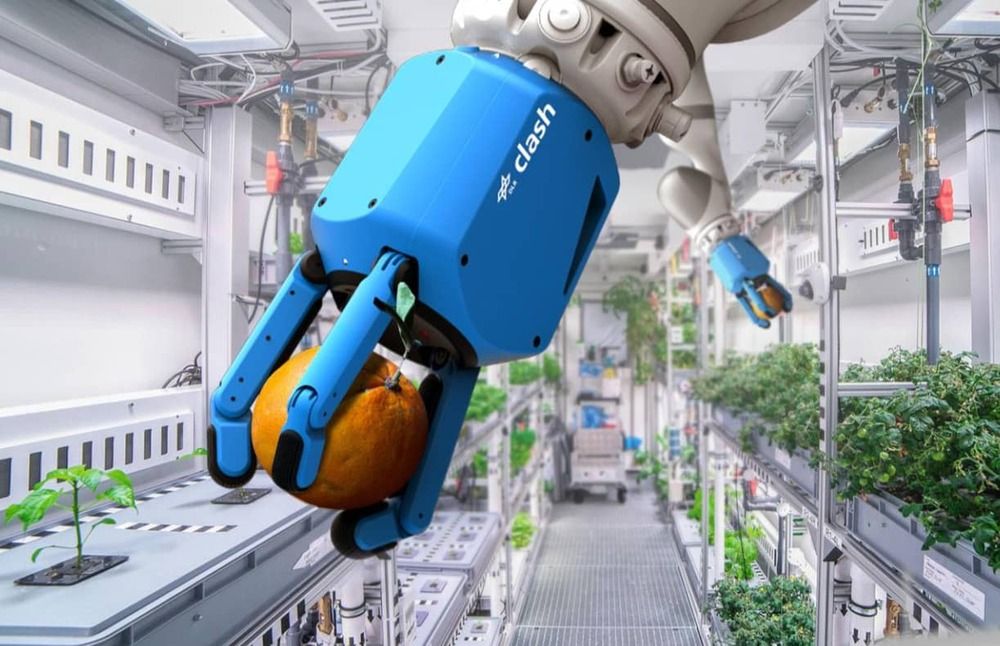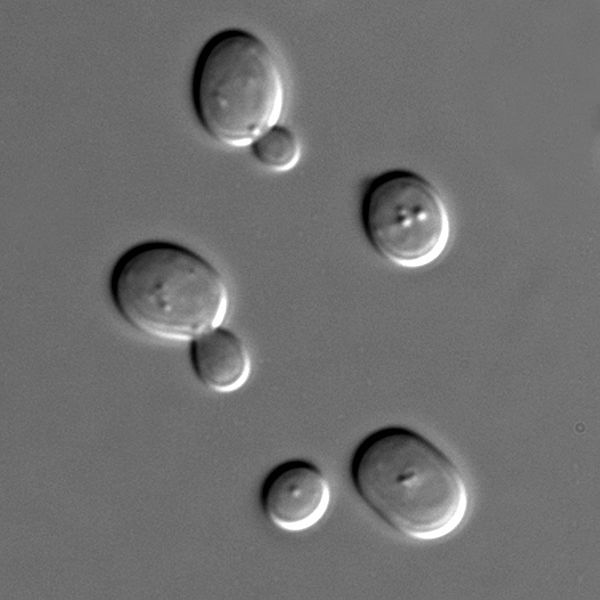A team of researchers from the Max Planck Institute of Molecular Plant Physiology, the University of Naples Federico II, the Weizmann Institute of Science and the Porter School of the Environment and Earth Sciences has found that making food from air would be far more efficient than growing crops. In their paper published in Proceedings of the National Academy of Sciences, the group describes their analysis and comparison of the efficiency of growing crops (soybeans) and using a food-from-air technique.
For several years, researchers around the world have been looking into the idea of growing “food from air,” combining a renewable fuel resource with carbon from the air to create food for a type of bacteria that create edible protein. One such project is Solar Foods in Finland, where researchers have the goal of building a demonstration plant by 2023. In this new effort, the researchers sought to compare the efficiency of growing a staple crop, soybeans, with growing food from air.
To make their comparisons, the researchers used a food-from-air system that uses solar energy panels to make electricity, which is combined with carbon dioxide from the air to produce food for microbes grown in a bioreactor. The protein the microbes produce is then treated to remove nucleic acids and then dried to produce a powder suitable for consumption by humans and animals.








